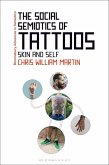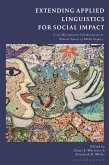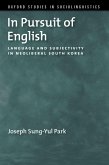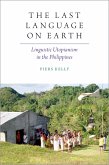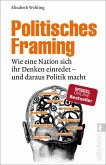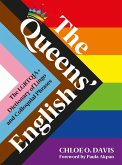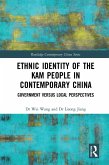Drawing on--but also extending--the theories and methods of applied linguistics, this book demonstrates how scholars of language might work together and with non-language specialists to address pressing concerns and issues of our time. Chapters explore efforts to recognize the legitimacy of stigmatized language varieties in public and institutional domains, museum-based science education for linguistically diverse children, how corpus analysis might illuminate the tension between the language choices and commitments of certain leaders, the embodied and artistic forms of meaning-making that challenge norms of Whiteness, and the transformative power of translanguaging in community-based theater.
In addition, the volume demonstrates ways to enhance equity in healthcare delivery for immigrant families, examines the experiences of cultural health navigators working with refugee-background families, and highlights the value of raising public awareness of language issues related to social justice. These accounts show that applied linguists stand ready to interface with other scholars, other institutions, and the public to make socially-engaged and impactful contributions to the study of language, society, education, and access. Collectively, the authors respond to an important gap in the field and take a significant step towards a more socially-just, accessible, and inclusive approach to applied linguistics.
In addition, the volume demonstrates ways to enhance equity in healthcare delivery for immigrant families, examines the experiences of cultural health navigators working with refugee-background families, and highlights the value of raising public awareness of language issues related to social justice. These accounts show that applied linguists stand ready to interface with other scholars, other institutions, and the public to make socially-engaged and impactful contributions to the study of language, society, education, and access. Collectively, the authors respond to an important gap in the field and take a significant step towards a more socially-just, accessible, and inclusive approach to applied linguistics.



